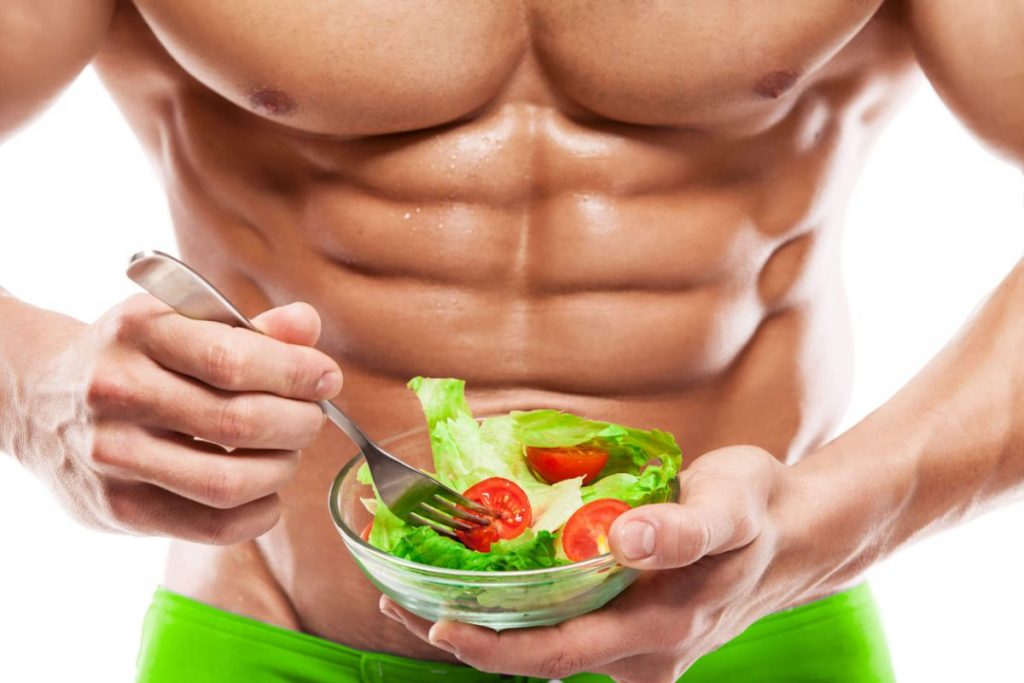
Boxing, capoeira, Thai boxing and other martial arts activities expend a lot of energy and strength. In order to unlock their fullest potential, you must eat right. Proper nutrition increases a fighter’s stamina, strength and reaction speed, which are crucial in any martial arts discipline.
For correct calculation of daily food intake it is necessary to know your weight, but it should be taken into account that while increasing the load you should also increase the caloric content of food. For example, before competitions or intensive training, it is recommended to consume 70 kcal per kilo of weight.
The role of proteins in an athlete’s body
To calculate the amount of protein in a fighter’s diet, the nature of the athlete’s workload should be taken into account. If your training is aimed at strength exercises, then it is recommended to consume 2-2.5 g per 1 kg of weight. If during training it is worked out blows then it is enough to consume 1.5-2 g of proteins for every kg of weight. And proteins should be 80% of animal origin and 20% of plant origin.
Protein plays an important role in human organism. They do not only serve as building material for cells, tissues and organs, but also take part in the process of absorption of fats, carbohydrates, vitamins and minerals. With a lack of proteins observed poor resistance to infectious diseases, reduced mental activity, poor health, disruption of internal organs.
The greatest quantity of animal proteins is contained in meat, fish, cheese, eggs, and sour cream. Plant proteins are found in nuts, beans, buckwheat and oats, soya beans, cauliflower, fruit and mushrooms.
Carbohydrates
Carbohydrates are not only a source of energy but also participate in the body’s metabolic processes. Carbohydrates should constitute 50-60% of all calories in a fighter’s daily diet. Of these, it is recommended to consume 60% simple carbohydrates and 40% complex carbohydrates.
The best source of carbohydrates is natural honey. Not only does it provide glucose, but it also stores well in the body, increasing the energy and stamina of the athlete. It is also recommended to eat fruits and vegetables. In addition to fructose, they contain fibre, which helps the digestive system work properly. Lactose can also be found in dairy products.
Fats
Fats make up only 20% of the whole diet, but they are sufficient for the proper functioning of the organism.
Animal fats and partly vegetable fats should constitute the main part of the diet. The ratio of animal and vegetable fats is very important. After all, each one contains essential substances, vitamins and microelements, which contribute to rational satiation of the organism.
Vitamins, trace elements and macronutrients also play an important role in the proper development of the fighter’s body. A lack of beneficial vitamins and trace elements leads to a decrease in the body’s endurance and thus overall performance.
The daily rate of calcium intake is 1-1.5 g per 1 kg of weight, magnesium – 0.8 g, phosphorus – 1.5-2 g, iron – 0.02 g. Drinking enough water improves the function of all organs, increases efficiency.
Water is a source of energy, a conductor of nutrients, it improves digestion and lowers blood pressure. By drinking enough water, an athlete increases the body’s resistance.
Proper nutrition for an athlete engaged in various types of martial arts is the key to maintaining health. A fighter’s diet shall consist of all necessary nutrients, vitamins and trace elements. Compliance with the recommended norms is the basis for maintaining energy, improving the performance and developing the athlete’s strength.

